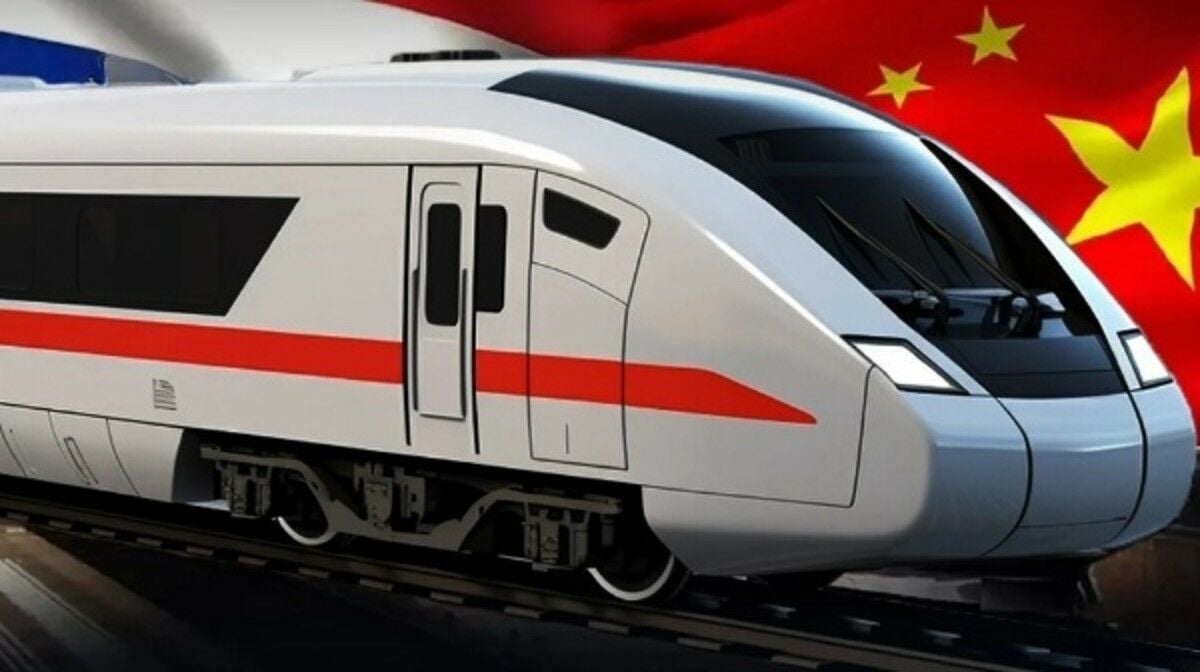Delays loom for Thai-Chinese high-speed railway project

In a major transport initiative between Thailand and China, the State Railway of Thailand (SRT) reported that the first phase of the high-speed railway linking Bangkok to Nakhon Ratchasima is around 71% complete. However, it’s trailing behind its scheduled opening in 2028 by around 36%.
This ambitious 873-kilometre rail project, pegged at a whopping 341 billion baht, has faced significant delays, primarily due to financial disagreements between Thailand and China. The Thai section of the railway kicked off in 2017 but has since been plagued by years of setbacks.
Anan Nimphodaeng, SRT Deputy Governor, stated that the first phase, spanning 253 kilometres from Bangkok to Nakhon Ratchasima, consists of 14 work contracts with an estimated budget of 179.41 billion baht.
Adjustments have been necessary for the draft plan of contract no. 3 to 5, which runs from Khok Kruat to Nakhon Ratchasima stations. To minimise the impact on local communities and aid future land development, the SRT has shifted from a ground-level track to an elevated one, spanning 7.85 kilometres. This alteration will add approximately 2 billion baht to the budget but remains within the overall limit, leaving about 11 billion baht in surplus.
SRT is hopeful of securing approval for these changes from its board and the Transport Ministry by September. Meanwhile, contract no. 4 to 5, from Ban Pho to Phra Kaew station in Ayutthaya, covering 13.3 kilometres and costing nearly 10 billion baht, awaits further development.
“The Office of Natural Resources and Environment Policy and Planning has mandated the SRT to conduct a Heritage Impact Assessment (HIA) on the Ayutthaya Historical Park, a proposed site for a new station.”
The authority has submitted the HIA and awaits feedback.
Another obstacle concerns contract no. 4 to 1, the Bang Sue-Don Muang section, with a budget of around 9 billion baht. The SRT is negotiating with the contractor for the high-speed rail connecting three airports due to overlapping project areas. A deal is expected soon, following approval from the Eastern Economic Corridor Office.
Summarising the progress, Anan revealed that out of 14 contracts, two are complete, nine are under construction, and three are on hold. Once finished, the high-speed rail will connect China and Thailand via Laos as part of China’s Belt and Road Initiative, with Phase 2 linking Nakhon Ratchasima to Nong Khai by 2030, reported The Nation.
Latest Thailand News
Follow The Thaiger on Google News:


























